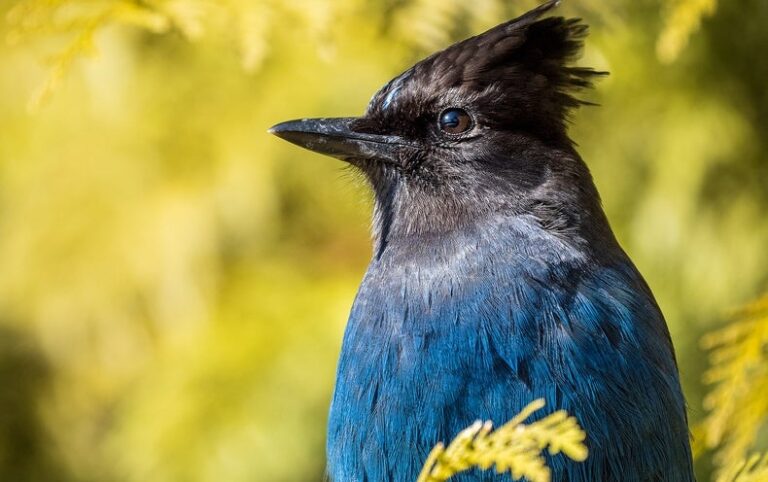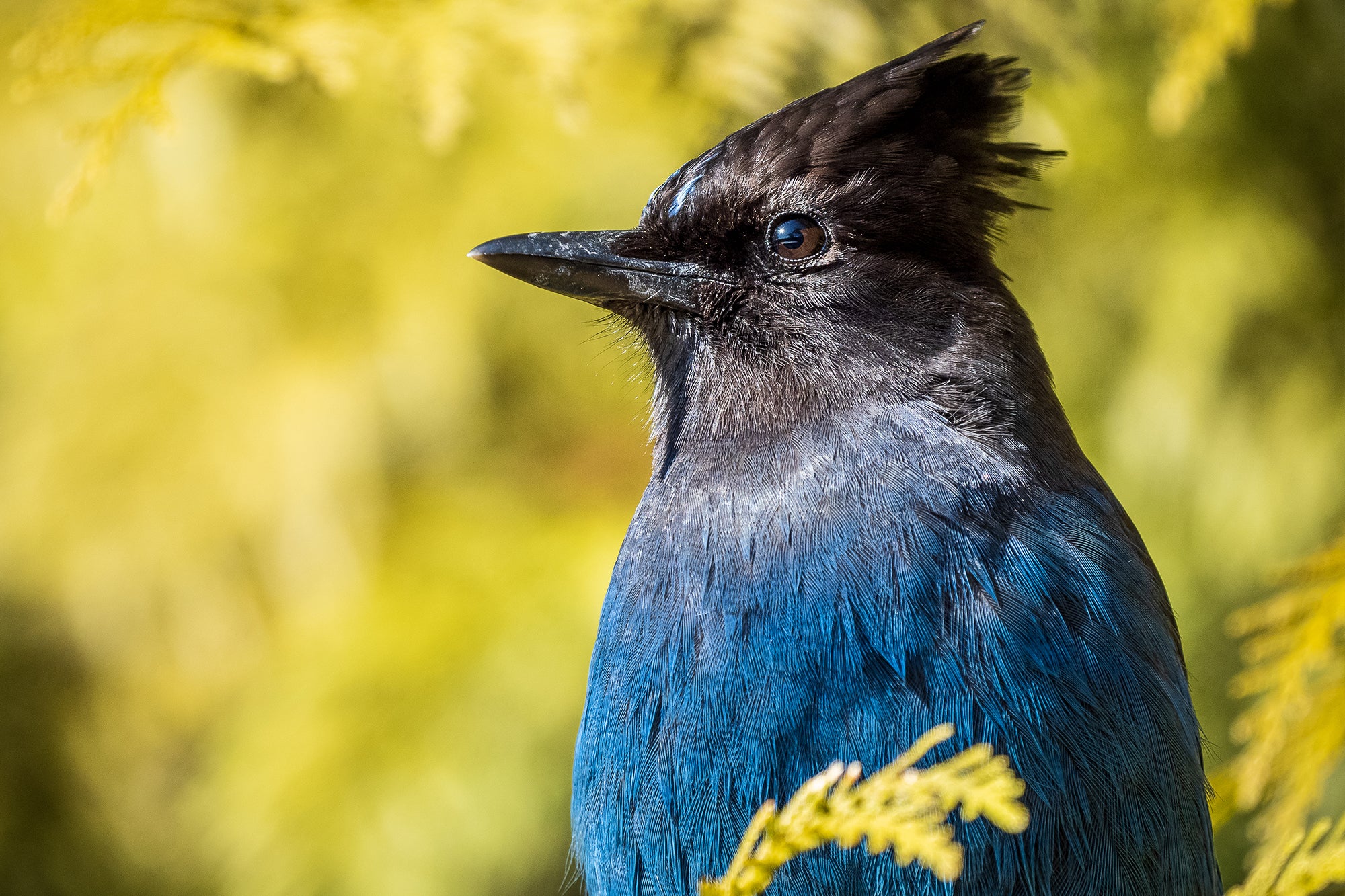
[ad_1]

To J. Drew Lanham, a conservation and cultural ornithologist at Clemson University and a lifelong birder, the little brown bird officially called Bachman’s Sparrow has long been the pinewoods sparrow. He hopes that someday the latter name might become official. That change would replace the nod to a slave owner and vocal opponent of abolition and instead honor the sparrow’s own life and the disappearing pine forests through which its song lilts in the Southeastern U.S.
“I’m a lover of sparrows. I’m a lover of little brown birds that are frequently ignored and all lumped together. As a Black man, that has weight for me,” Lanham says.
That day is one step closer with an initiative from the American Ornithological Society (AOS), which oversees the official English-language names of birds in the Americas. On November 1 the association announced that it would phase out what are known as eponyms—names that honor specific people. Next year the group will select between eight and 10 birds to rename. In subsequent years it will then tackle the rest of the 70 to 80 species of U.S. and Canadian birds that are currently named for people. In addition to Bachman’s Sparrow, such bird species include Steller’s Jay, Anna’s Hummingbird and Cooper’s Hawk.
Lanham says it’s the right move. “It’s kind of what we’re taught as scientists: to be circumspect but also to look for the simpler, the truer sorts of solutions,” he says.
Colleagues and leaders in the field were the source of many of these bird names, whereas now the practice of naming species for people has gone far beyond acknowledging such individuals. Today celebrities are often top choices for such monikers—take the millipede named for Taylor Swift, the spider named for Bernie Sanders and the wasp named for Brad Pitt.
But over time, with changing cultural standards and new information coming to light, any historical name can become tricky and acrimonious. In 2015 the U.S. government restored the name Denali to North America’s highest mountain, which for decades was called Mount McKinley, after 25th U.S. president William McKinley. Medicine is also confronting problematic eponyms, perhaps most prominently the formerly official use of Nazi doctor Hans Asperger’s name for a neurodevelopmental condition that has since been merged with autism spectrum disorder. The astronomy community debated renaming NASA’s iconic new James Webb Space Telescope in the year prior to its launch because its namesake, 1960s-era NASA administrator James Webb, had previously been second-in-command at the Department of State during an anti-LGBTQ purge of federal employees known as the Lavender Scare. NASA ultimately decided to retain the name, however.
One of the AOS’s predecessor organization’s already renamed a species as the Long-tailed Duck to eliminate a racist slur in 2000. And in 2020 the AOS removed an eponym that honored a Confederate general and replaced it with the common species name Thick-billed Longspur. Both of those choices faced backlash from those who preferred keeping the established names.
The Longspur decision had reversed one made just a year prior that then upheld the original name. That reversal was in part brought about by a group called Bird Names for Birds, which advocated for the AOS to eliminate all eponyms. The issue isn’t merely that particular eponyms honor dubious people, these advocates argued, but that such names also reflect an old vision of science, one dominated by white men. “Eponymous names don’t do anything for the birds themselves,” says Judith Scarl, executive director and CEO of AOS. “Not only can some of these names be harmful, but also there are just better ways that we can name the birds.” (Most North American birds named for people, she notes, nod to white men and carry their last name. The handful that honor women instead use their first name.)
Scarl says that she hopes the name changes will help welcome more people into the community of bird lovers both by reducing historical baggage and by keeping the focus on birds, not humans.
The removal of eponyms might be felt more by birders the farther west they go, says Kenn Kaufman, a bird expert and author of several field guides, who wasn’t involved in the decision. He says that eponymous names became particularly common in the 1800s, by which time scientists had already established names for most species in the eastern parts of the country. Sparrows in particular will be most impacted by the new decision, in part because many species look alike, making more descriptive names challenging.
Kaufman, who has been birding since he was a child, says he’s seen mixed responses to the announcement. “A lot of the older people are opposed to it, and I can understand that,” he says. “I came around from being totally opposed to the idea to being totally in favor of it.”
The decision to do away with all eponyms is more fair—and simpler—than trying to evaluate each name on its own, Kaufman says. He also calls the range of people honored by eponyms “very uneven” and notes that “some of the people who have birds named for them didn’t even care about birds and never even did a thing for ornithology.”
Like Scarl, he sees the decision to scrap eponyms entirely as an opportunity for positive discussions that focus on the birds in all their glory. “They’re all cool birds,” Kaufman says of species currently carrying human names. “There are great things about all of them to celebrate.”
And Lanham notes that North America has nearly three billion fewer birds now than it did 50 years ago. He hopes that by freeing eponymous birds from human baggage, scientists and birders alike will focus on conservation. “It’s not about just simply identifying birds. They know who they are,” Lanham says. Protecting birds and the planet we share requires something more, he adds. “It’s important … that we don’t just identify birds but [that] we begin to identify with birds,” Lanham says.
[ad_2]